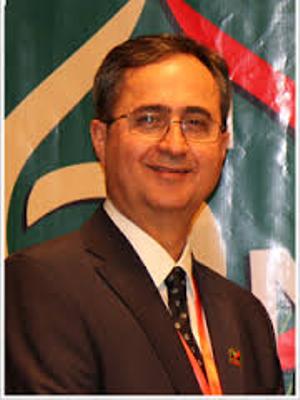
Cardiac transplants have been among the routine surgeries with the highest success rates in Iranian hospitals since 10 years ago,” he said, adding this is while still many nations lack the know-how for performing heart transplant surgeries.
Eslami, a cardiologist, said cardiac transplants are conducted in three major centers namely Imam Khomeini, Masih Daneshvari and Shariati hospitals on a regular basis, he said.
He called for the establishment of provincial centers to support those suffering from heart failure across the nation.
“An annual 10,000-15,000 donor hearts are required to meet the current transplant needs in Iran,” the specialist said.
Eslami added even in the most developed nations, with highly-skilled medical teams and proficient surgeons, only half of patients suffering from heart failure can obtain an organ in time. “Half of the patients die because of lack of access to organs.”
The specialist highlighted the importance of post-surgery care for those who have undergone a heart transplant surgery.
“Recipients have to take special medicines for at least one year after surgery to prevent or reduce the risk of organ rejection. The patients must not stop taking the medicines without advice from their doctors,” he said.
Eslami said postoperative care has improved in the most developed nations enabling organ recipients to lead a normal life after surgery.
“Developed nations enjoy enhanced recovery programs. This provides people with the chance to go back to work and start regular physical activities post-surgery. In Europe, patients who have undergone heart transplants can take part in special annual Olympic races,” he said.
Eslami underlined the role of social workers in enhancing the efficacy of cardiac rehabilitation following heart transplants.
“In the most developed nations, social workers play a great role in supplying medicines for organ recipients and their proper consumption,” he said.
The specialist said those who are suffering from a chronic heart failure — which has caused difficulties for them and are no longer able to go about their daily routines — are regarded as the best candidates for a heart transplant.
“Those who develop breath shortness after taking a few steps need to receive an organ within a year,” he said, adding patients suffering from diabetes are not the priority for heart transplant, as their body very likely will reject the new organ.
“Those with acute liver disorders such as advanced cirrhosis are not at the top of the waiting list either. This is because heart transplant might lead to death,” Eslami said.

Add new comment